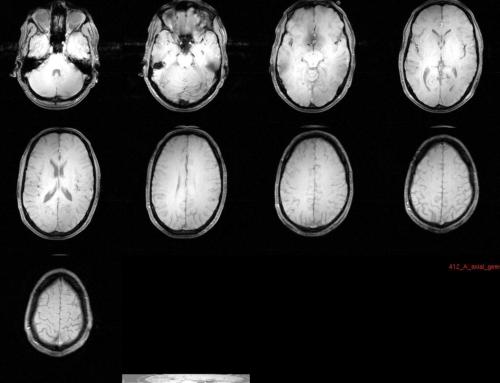
Nurturing Young Minds
Edited by Dr Ramesh Manocha & Gyongyi Horvath
To read the full chapter go to Volume 2, chapter 2, pp. 26-41.
Authors

Dr Michael Nagel
Associate Professor, School of Education at the University of the Sunshine Coast
Dr Michael Nagel is an Associate Professor at the University of the Sunshine Coast, where he teaches and researches in the areas of cognition, human development, behaviour and learning. He is the author of ten books on child development and learning used by teachers and parents in over twenty countries. Dr Nagel has delivered over three hundred workshops and seminars for parents and teachers nationally and internationally. Nominated as Australian Lecturer of the Year each year since 2010, Dr Nagel is a member of the prestigious International Neuropsychological Society, is the Queensland Director of the Australian Council on Children and the Media, and is a feature writer for Jigsaw and the Child series of magazines, which collectively offers parenting advice to more than one million Australian readers.
Website: www.michaelnagel.com.au
Humans are social beings. We thrive when relationships are positive, and when they are not we can face myriad physical and psychological challenges. This is true of all people regardless of age but arguably more so during childhood, when the brain is busy maturing and evolving through the interplay of nature and nurture. As such, understanding the links between emotional and social development and relationships is integral to anyone who works with children or who is interested in child development and welfare.
Want to Learn More, Get Help or Find Support?
Know a useful resource that is not listed here? Please tell us about it!






